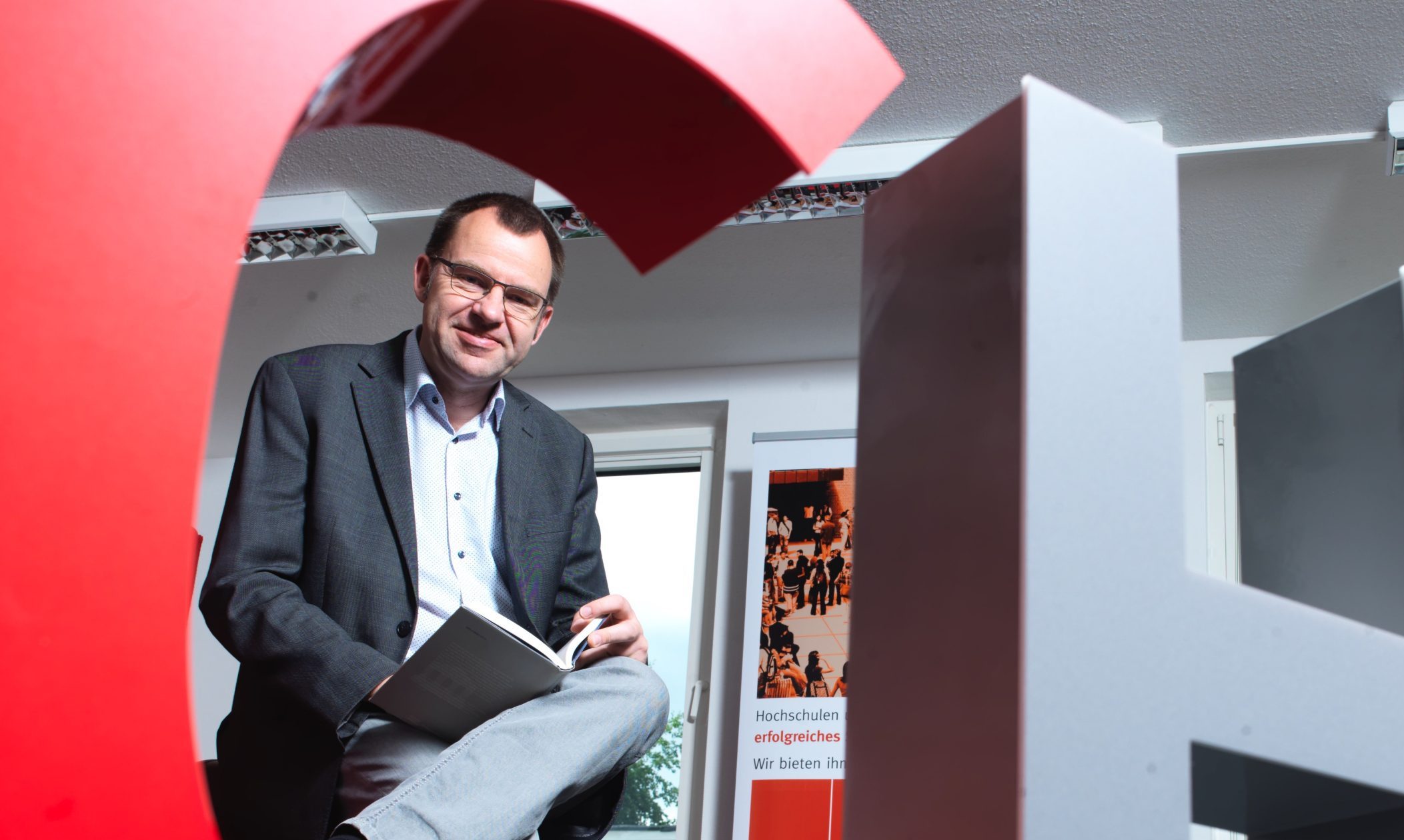 Frank Ziegele
Frank Ziegele In their assessment of Bettina Stark-Watzinger’s first year in office, many education experts would, above all, like to see more money. In addition to those calls, CHE Executive Director Frank Ziegele urges focusing on potential reforms that cost little or no money, but make day-to-day operations easier for higher education institutions (HEIs).
In his latest column for DUZ Wissenschaft & Management magazine (3 February), Frank Ziegele draws a mixed balance after the first year of the three-party “traffic light” coalition. He mentions the permanent adoption and dynamisation of the Future Pact and the continuation of the Excellence Strategy as successes. But apart from that, he says that only small steps, or even no progress at all, have been made on issues such as the state student loans & grants programme BAföG, the Digital Pact, and the establishment of the German Agency for Transfer and Innovation, or DATI for short.
“Besides the obvious weak spots and areas of higher education policy in need of more funding, however, there are lots of previously underestimated, but very effective options for action that the Federal Ministry of Education could take at little or no cost,” Ziegele commented.
These ideas include aspects such as initiating a reform of capacity legislation so that HEIs – in consultation with the federal states – could arrange their staff and study place capacities autonomously and flexibly. The Federal Ministry of Education and Research (BMBF) could also catch up with the flexible funding rules of the federal states in its support programmes, systematically abandoning the cameralistic control logic. A greater focus on results would at last enable HEIs to engage in strategic multi-year financial planning, putting an end to the periodic disputes with the Bundesrechnungshof (Federal Audit Office). The professor of science management also considers the ministry to be a good place for bringing together stakeholders in vocational and academic education to create and sustain smoother transitions in the spirit of post-secondary education from a single source.
Finally, the BMBF could act as a mouthpiece to ensure that the results of its key support programmes are disseminated even more widely. According to Ziegele, the Teaching Training Quality Campaign, for instance, has led to top-quality innovations in the design of teacher training. Together with the university management, the BMBF could now initiate nationwide discussions on this issue so as to ensure that good local ideas do not fall on deaf ears, but instead are disseminated more widely through networks or transfer platforms.
“These ideas reflect the BMBF’s great creative power, outside the reaches of its large funding pools. A BMBF with a greater understanding of its role, encompassing facets such as moderator, deregulator and facilitator, can do a great deal of good for science,” remarked the CHE Executive Director.
